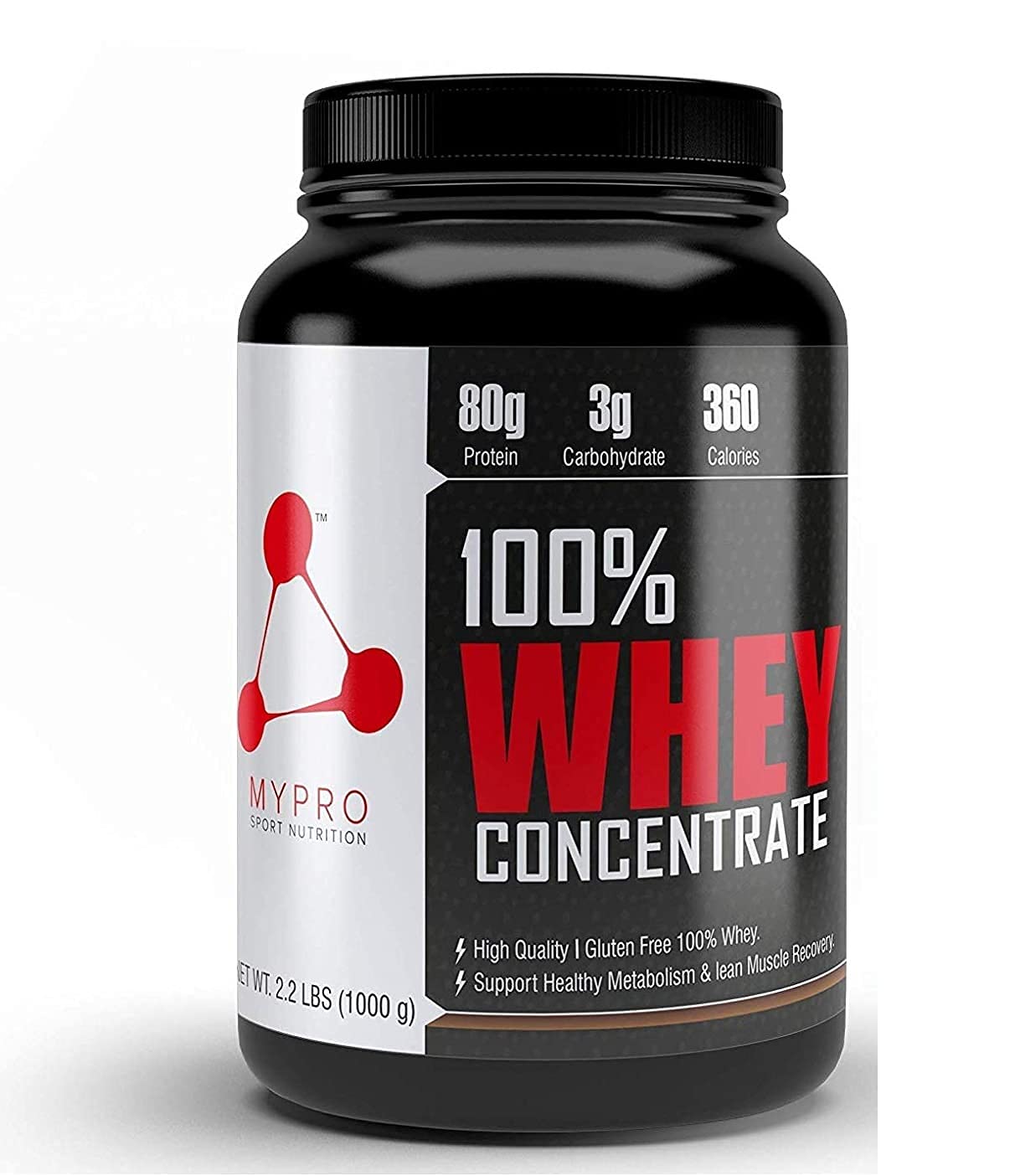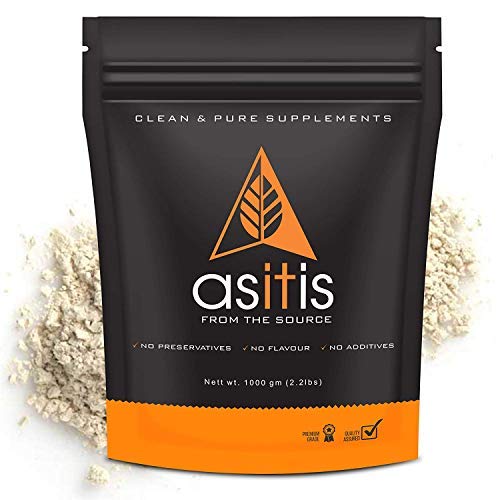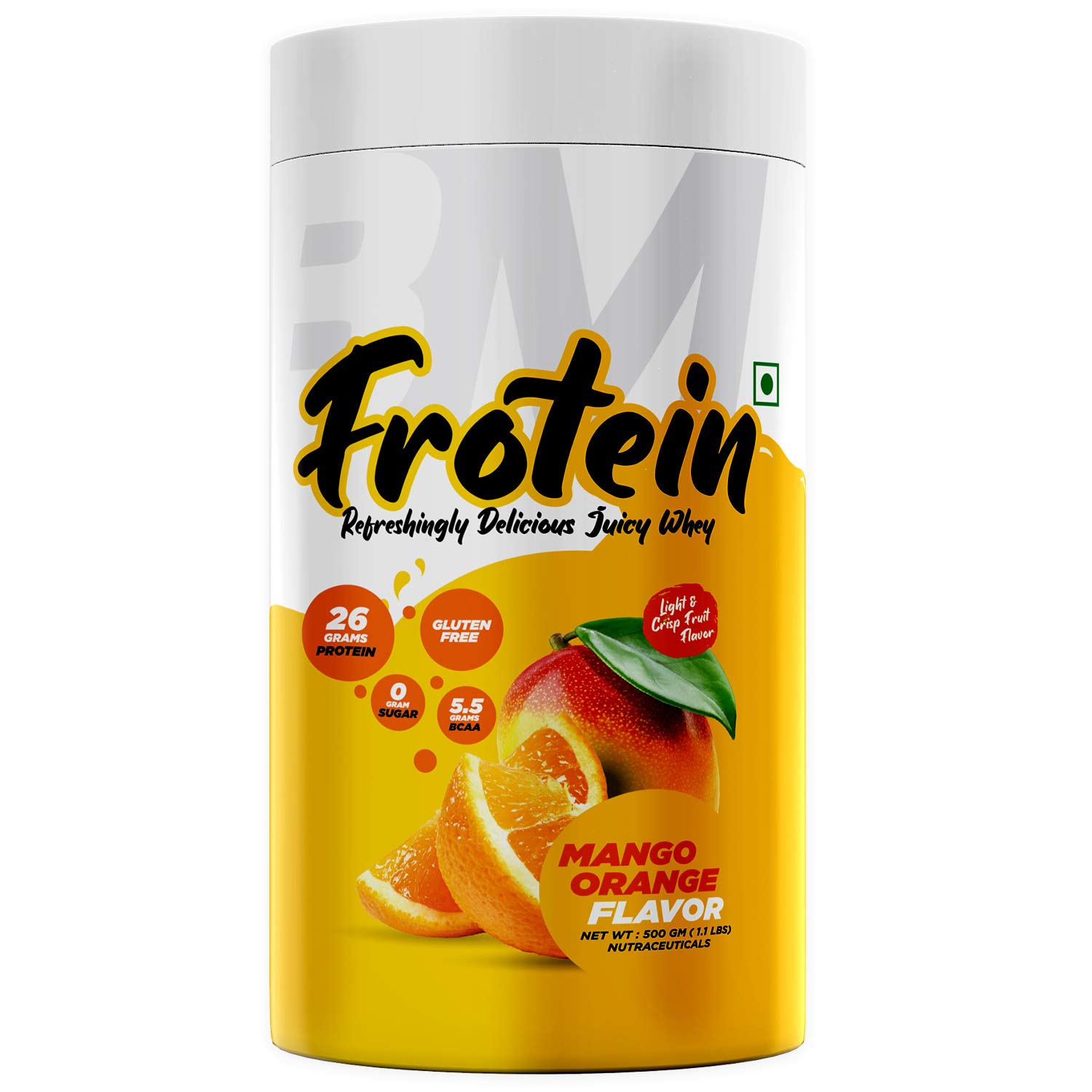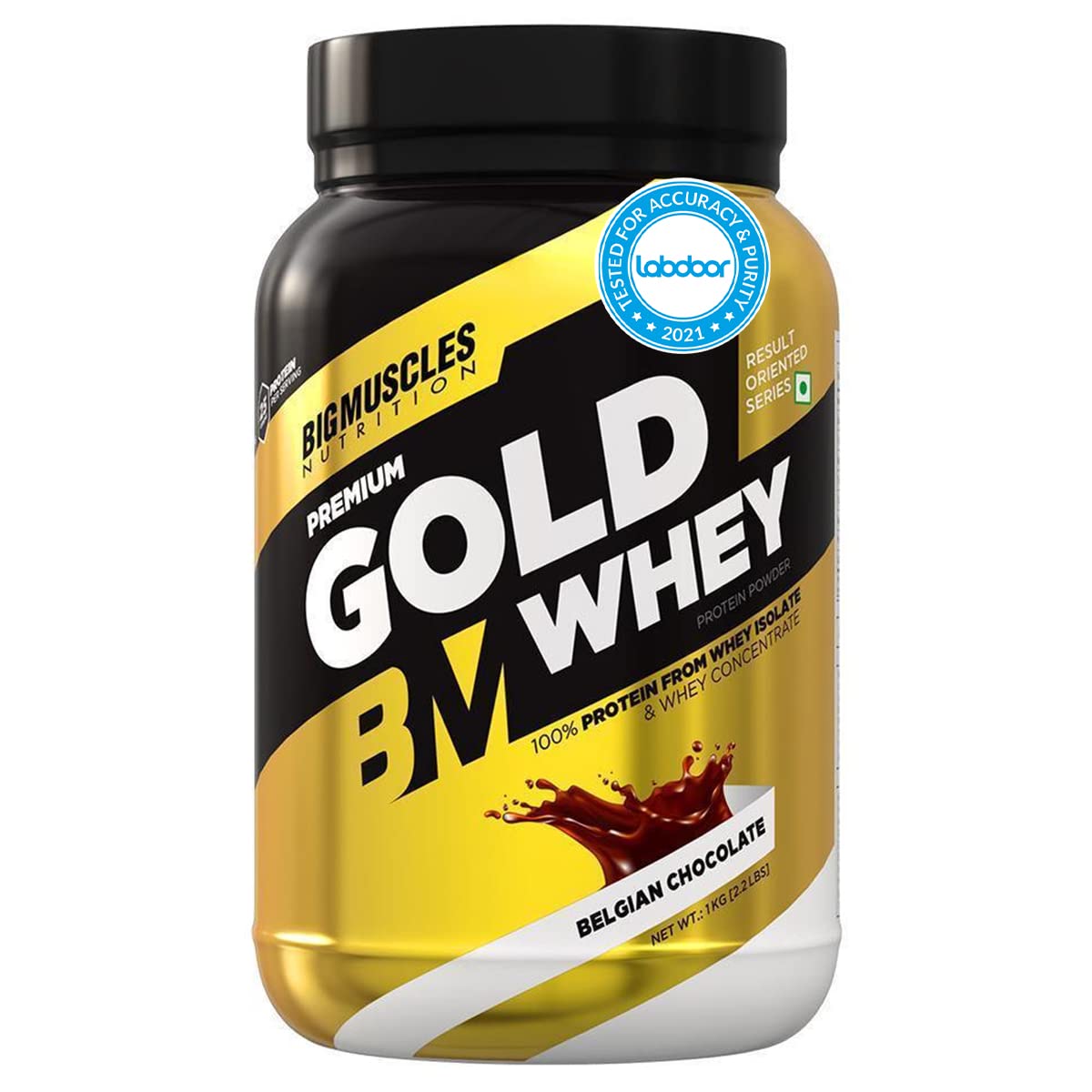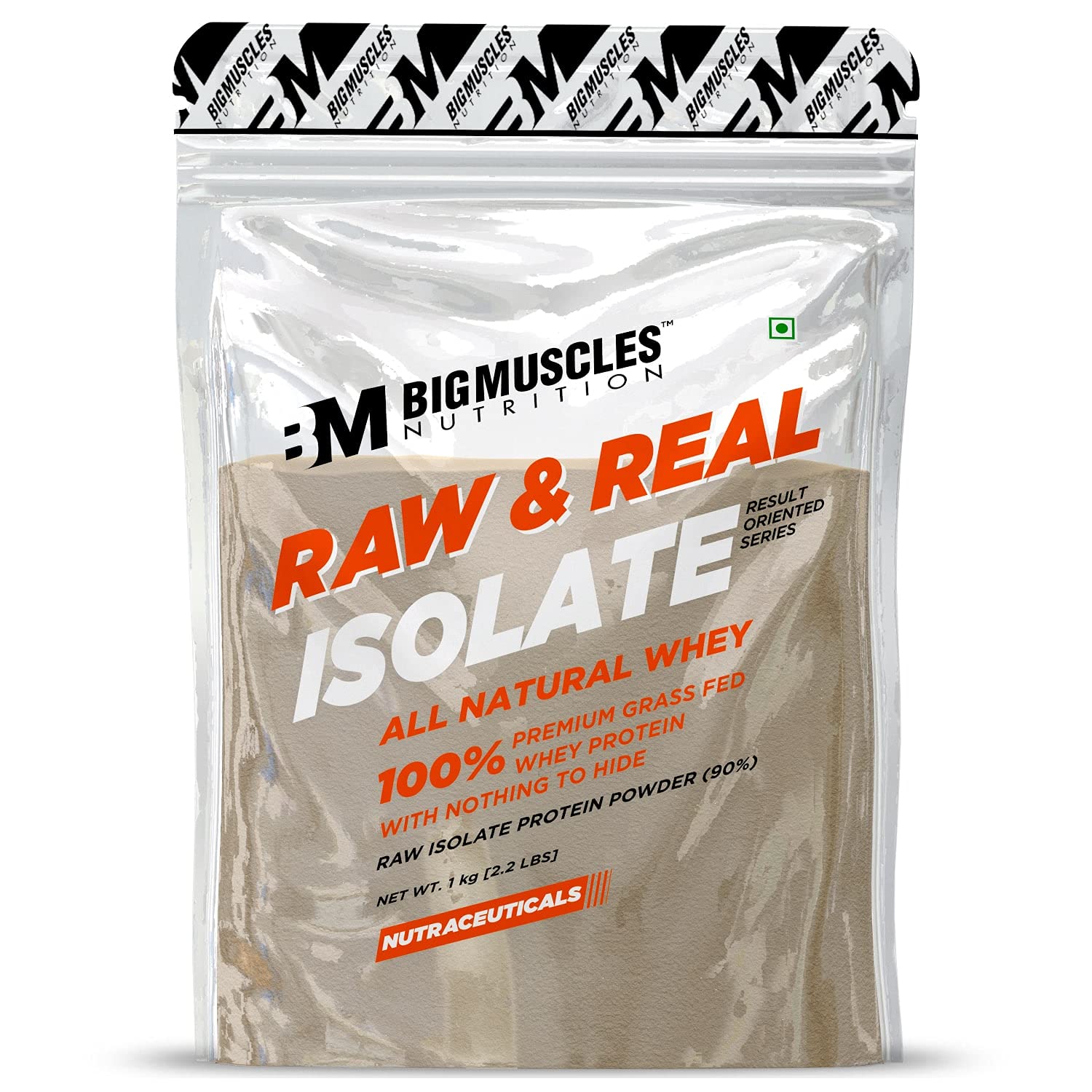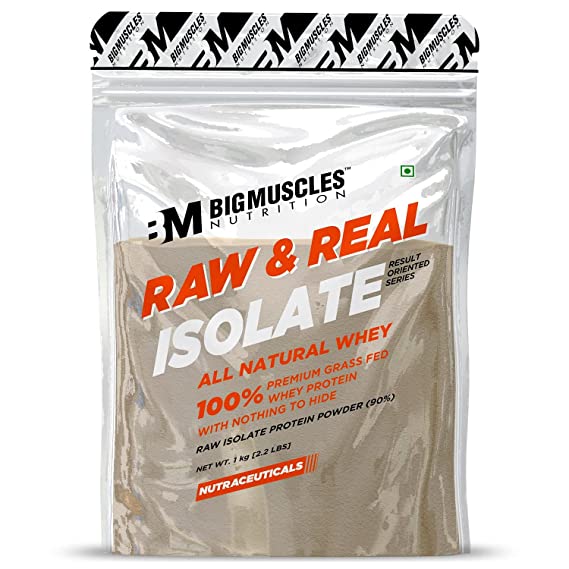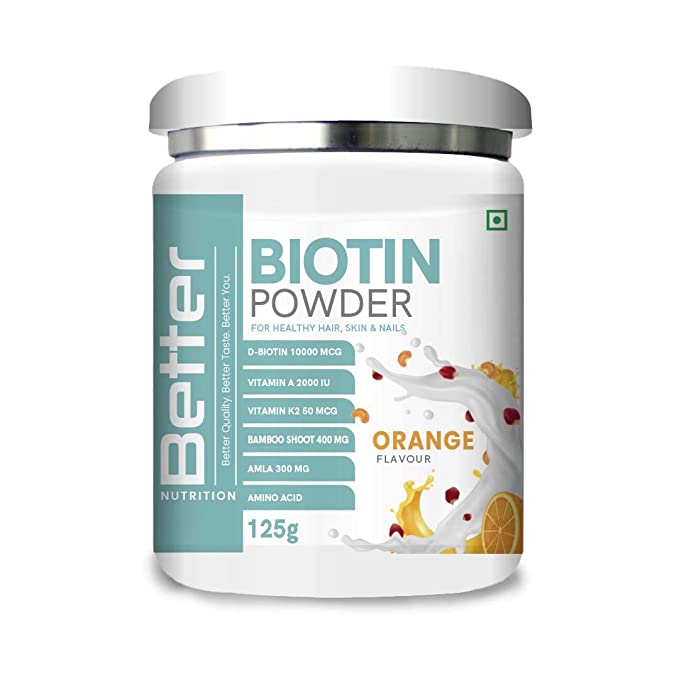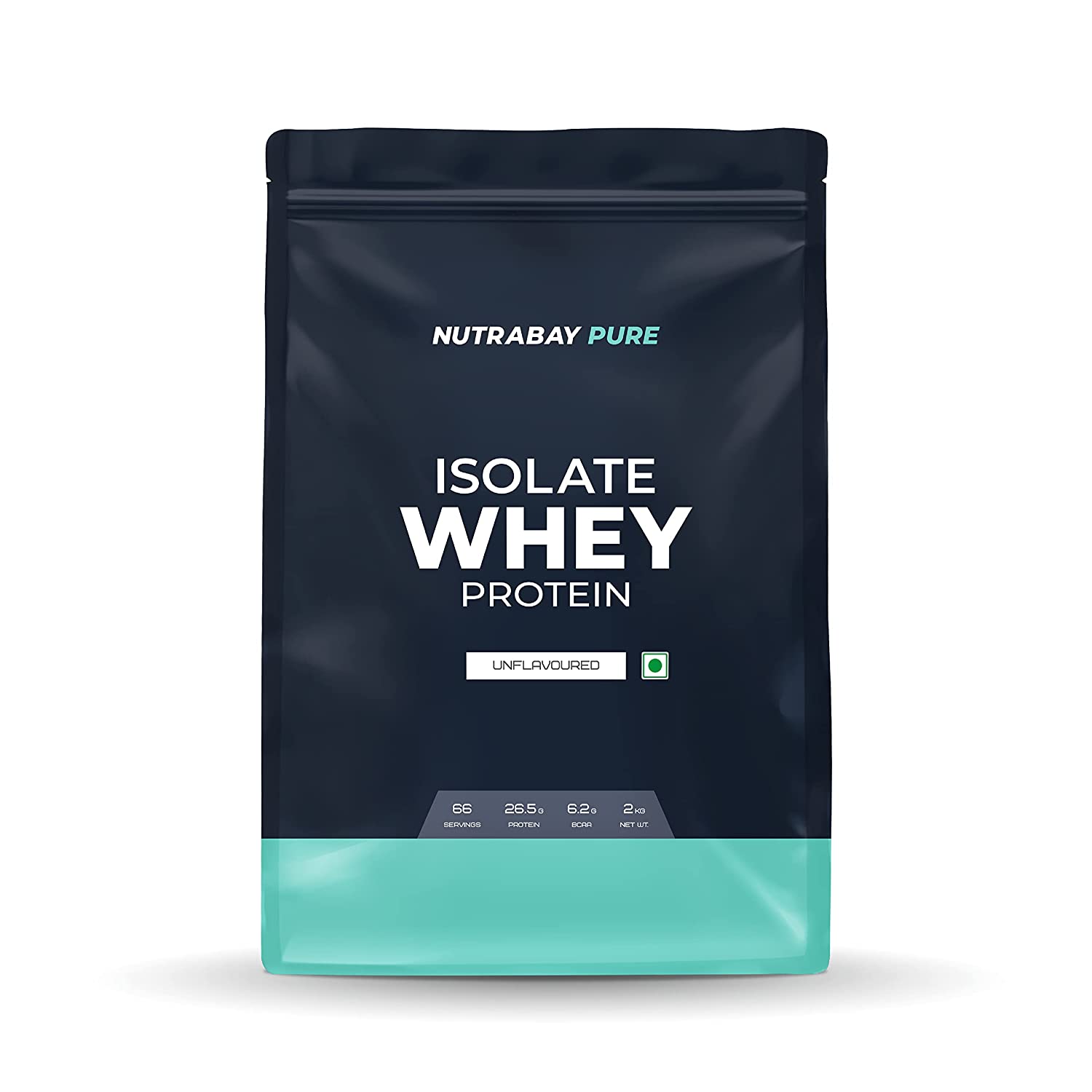Tryptophan
Macronutrient
Last update date: October 11, 2023
Tryptophan is an essential amino acid, needed for normal growth in infants and plays a role in the production of enzymes, proteins, and neurotransmitters such as serotonin.
Frequently Asked Questions
1.
What is Tryptophan?
Tryptophan is an essential amino acid that serves as a building block for proteins in the body. It cannot be synthesized by the body and must be obtained through diet. Tryptophan is crucial for the production of serotonin, a neurotransmitter that regulates mood, sleep, and appetite.
2.
What is positive impact of Tryptophan?
Positive impact of Tryptophan: Tryptophan plays a crucial role in maintaining good mental health and well-being. It helps in the production of serotonin, which promotes feelings of relaxation, happiness, and improves sleep quality. Tryptophan also supports cognitive function, such as memory and learning. Additionally, it aids in the regulation of appetite and can contribute to weight management. Consuming foods rich in tryptophan can help alleviate symptoms of depression, anxiety, and insomnia.
3.
What is negative impact of Tryptophan?
Negative impact of Tryptophan: While tryptophan is generally safe, excessive consumption through supplements or isolated amino acids can have adverse effects. Large doses of tryptophan supplements may cause serotonin syndrome, a potentially serious condition characterized by agitation, confusion, rapid heart rate, and high blood pressure. It is important to follow recommended dietary guidelines and consult a healthcare professional before taking tryptophan supplements.
4.
Who should avoid Tryptophan?
Individuals who are taking certain medications, such as selective serotonin reuptake inhibitors (SSRIs) or monoamine oxidase inhibitors (MAOIs), should avoid tryptophan supplements, as they can interact and lead to serotonin syndrome. People with certain medical conditions, such as liver or kidney disease, should also exercise caution and seek medical advice before taking tryptophan supplements.
5.
What are common sources of Tryptophan?
Common Sources of Tryptophan: Tryptophan is naturally present in a variety of protein-rich foods. Here are some common sources: Poultry: Turkey and chicken are excellent sources of tryptophan. Including them in your meals can provide a significant amount of this nutrient. Dairy Products: Milk, cheese, and yogurt contain tryptophan. Opt for low-fat or unsweetened varieties for a healthier choice. Eggs: The yolks of eggs contain tryptophan, making them a nutritious addition to your diet. Fish: Certain fish like salmon, tuna, and sardines offer tryptophan along with omega-3 fatty acids, benefiting heart health. Nuts and Seeds: Almonds, peanuts, walnuts, sunflower seeds, and sesame seeds are all good sources of tryptophan. Snacking on these can boost your intake. Legumes: Lentils, chickpeas, black beans, and soybeans are rich in tryptophan as well as fiber and other essential nutrients. Including a variety of these foods in your diet ensures a balanced intake of tryptophan and promotes overall well-being.
6.
Which are symtoms of Tryptophan deficiency?
Tryptophan deficiency is rare but can occur in individuals with imbalanced diets, particularly those low in protein. Symptoms of tryptophan deficiency may include low mood, poor sleep quality, irritability, and difficulty concentrating. However, these symptoms are often related to a broader nutritional deficiency rather than tryptophan alone. A balanced diet that includes sufficient protein sources can help prevent tryptophan deficiency.


